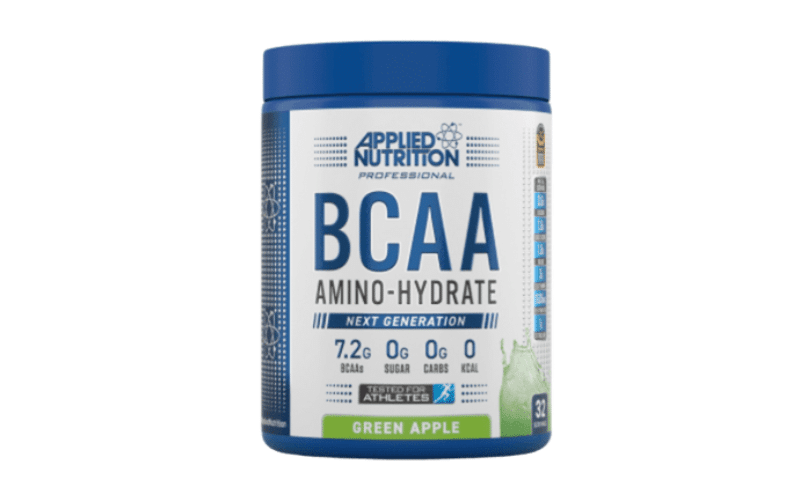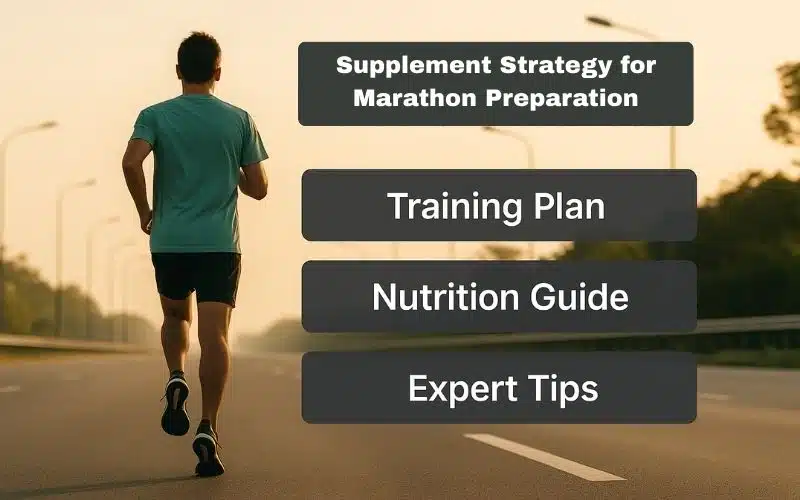No products in the cart.
Return To ShopHow to Prepare for a Marathon in Pakistan: Training, Nutrition & Expert Tips
Running a marathon is one of the most rewarding fitness challenges you can take on both physically and mentally. In Pakistan, marathon events in cities like Lahore, Karachi, and Islamabad are growing in popularity, bringing together athletes, beginners, and communities passionate about endurance sports.
But here’s the truth: finishing a marathon requires much more than showing up on race day. Preparation is the key to avoiding injuries, boosting stamina, and performing at your best. This guide covers everything you need to know from training and nutrition to supplements and race-day strategies on how to prepare for a marathon in Pakistan.

Understanding the Marathon Challenge in Pakistan
Before you lace up your shoes, it’s important to understand the unique conditions of running in Pakistan:
- Weather: Races often take place in hot and humid climates. Summer events require strong hydration strategies, while winter runs in cities like Islamabad bring cooler mornings but warmer afternoons.
- Air quality: Urban marathons in Lahore and Karachi sometimes face air pollution challenges, so training early mornings or in cleaner environments is ideal.
- Community: Running clubs are gaining popularity, giving runners access to group training, shared motivation, and professional coaching support.
Preparing with these local realities in mind sets the foundation for success.
Building a Training Plan
Marathon training is not about sprinting into shape. It’s about progressive, consistent work. Ideally, start training 12–16 weeks before race day.
Key Elements of a Training Plan:
- Gradual Mileage Increase: Add distance slowly each week to build endurance without injury.
- Long Runs: Weekly long runs are crucial to simulate marathon conditions.
- Strength Training: Core and leg workouts help avoid injuries and improve stride efficiency.
- Tempo & Interval Runs: Build stamina and speed for better performance.
- Rest Days: Allow your body to recover and adapt.
Consistency is more important than intensity a balanced plan will always outperform random bursts of training.
Nutrition Strategy for Runners in Pakistan
A marathon isn’t won on the track alone it’s built in the kitchen. A balanced nutrition plan fuels energy, recovery, and performance.
Everyday Nutrition Essentials:
- Carbohydrates – your main energy source. Opt for rice, roti, oats, and fruits.
- Protein – essential for muscle repair. Adding whey protein after training can help speed recovery.
- Healthy fats – nuts, desi ghee in moderation, and olive oil for sustained energy.
- Hydration – drink enough water, especially in hot Pakistani climates.
Supplements like BCAA can help reduce fatigue, while Omega-3 supports joint and heart health.
For hot-weather runs, keep electrolytes handy with hydration tablets.
Gearing Up for Marathon Training
The wrong gear can break your race day. The right gear can carry you to the finish line.
Must-Have Marathon Gear:
- Running Shoes: Invest in quality shoes suited for long-distance road running.
- Clothing: Lightweight, breathable fabrics to manage sweat and heat.
- Hydration Support: Carry small bottles or belts to stay hydrated. Products like isotonic energy gels are lifesavers during long runs.
Tip: Always test your gear during training runs never on race day.
Supplement Strategy for Marathon Preparation

Supplements aren’t magic, but when combined with training and diet, they can give you an edge.
- Before Runs: Pre-workout supplements can improve stamina and focus.
- During Runs: Energy gels and hydration packs keep energy levels stable.
- After Runs: Glutamine helps reduce muscle soreness and speed up recovery.
Always choose authentic supplements from trusted sellers to avoid counterfeit risks.
Mental Preparation and Motivation
A marathon tests your mind as much as your body. Here’s how to stay mentally sharp:
- Consistency over motivation: Show up even when you don’t feel like it.
- Visualization: Picture crossing the finish line.
- Community support: Training with groups in Lahore, Karachi, or Islamabad keeps you accountable.
- Small wins: Celebrate milestones your first 10k, half marathon, or longest run yet.
Common Mistakes to Avoid
Even committed runners make errors. Watch out for these:
- Overtraining too close to the race. Your body needs tapering before marathon day.
- Ignoring hydration, especially in summer events.
- Relying only on supplements, not whole foods.
- Skipping rest days, which increases injury risk.
Avoiding these mistakes is as important as the training itself.
Marathon Day Preparation in Pakistan
Race day is here — time to shine.
- Carb Loading: Focus on high-carb meals 2–3 days before the event.
- Warm-Up: Light stretches and jogging to activate muscles.
- Pacing Strategy: Start slow, finish strong.
- Hydration Stations: Sip water at intervals don’t wait until you’re thirsty.
Stay calm, enjoy the atmosphere, and remember: the real victory is finishing.
Post-Marathon Recovery
Crossing the finish line is just the beginning of recovery.
- Rest & Sleep: Your body needs repair.
- Light Foods: Easily digestible carbs and protein shakes for recovery.
- Supplements: Aminos and glutamine for faster healing.
- Active Recovery: Light walking or yoga a few days after.
Respect recovery it sets you up for your next race.
Final Expert Advice
So, how to prepare for a marathon in Pakistan? The formula is clear: structured training + balanced nutrition + hydration + authentic supplements + mental strength.
Every marathon teaches discipline, endurance, and resilience. Whether you’re running for fitness, competition, or charity, your preparation will define your experience.
With the right strategy, you won’t just finish you’ll thrive.









Add comment